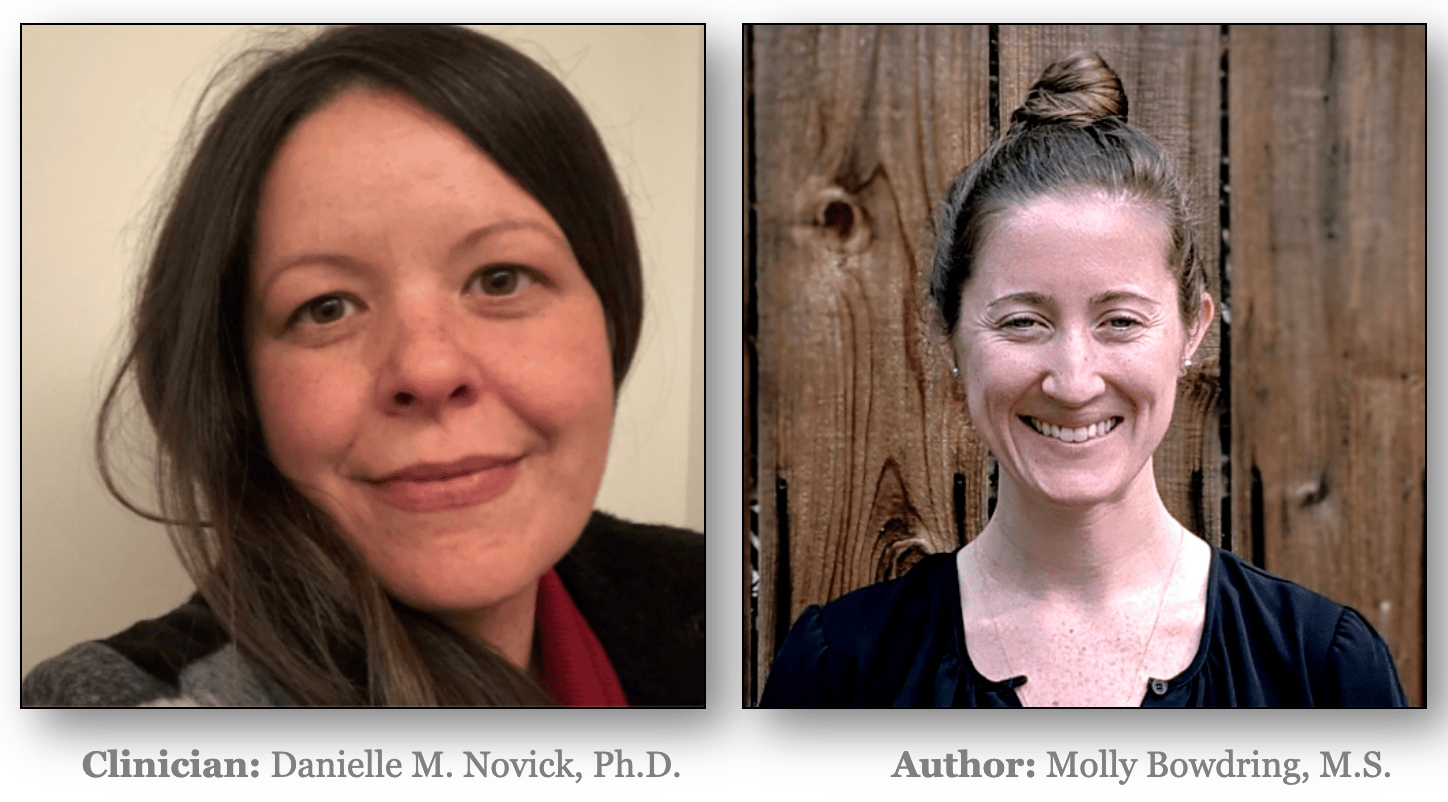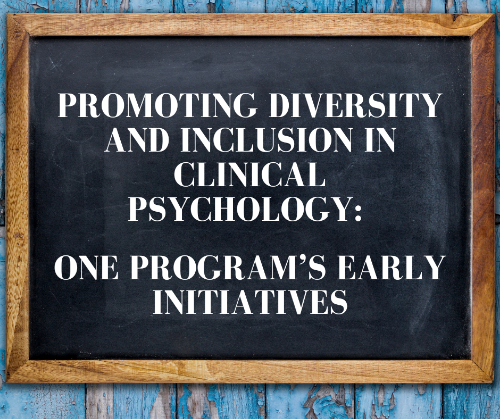Tag: Clinical Training
-

Can Natural Language-based Artificial Intelligence Systems Address Psychopathology?
By Alexander Williams, M.S., Northwestern University Despite a proliferation of evidence-based practices (e.g., Hollon et al., 2006; Tolin, 2010), there is no compelling evidence that mental health problems have decreased in prevalence in recent decades. Indeed, at least among adolescents, the available evidence more frequently points to the increasing prevalence of psychological distress, depression, and suicide-related outcomes…







